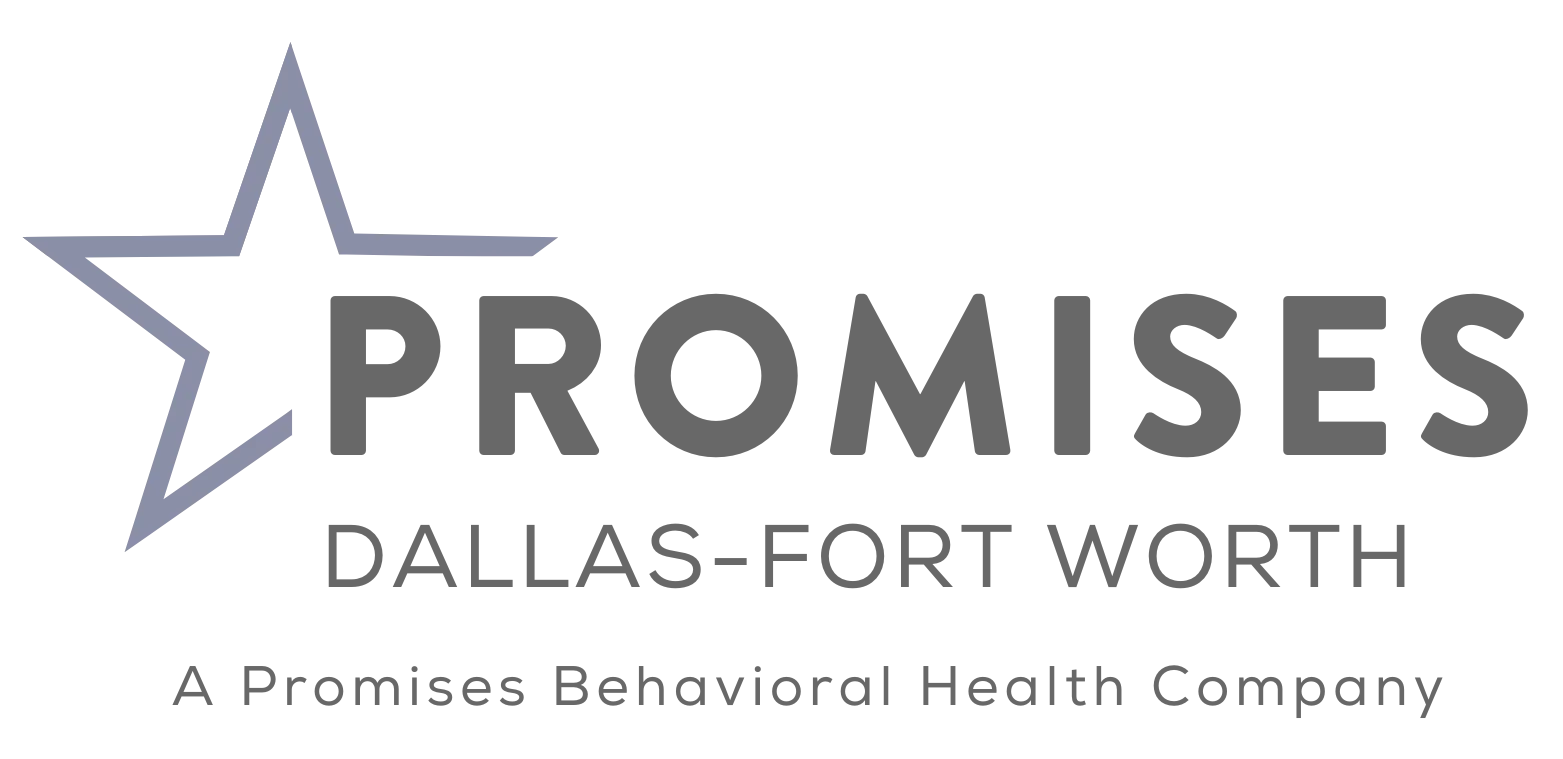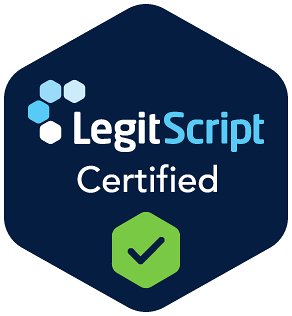In recent years, there has been a lot of discussion around decriminalization vs. legalization, particularly about marijuana. This conversation is especially relevant as substance abuse treatment programs see more clients seeking help for marijuana abuse. Navigating these discussions can be difficult, but NorthStar Clinical Services is here to guide you. Contact our knowledgeable team at 888.488.6153 to learn more about decriminalization and legalization, marijuana abuse and addiction, and how we can help.
Decriminalization vs. Legalization: What’s the Difference?
Marijuana is currently illegal in the United States and is still classified as a Schedule I drug by the Drug Enforcement Administration (DEA). As such, marijuana is illegal on the federal level. However, states may choose to decriminalize or legalize marijuana on their own. Decriminalization and legalization are two separate concepts often conflated in discussions about drug policy.
Decriminalization refers to reducing legal penalties associated with the personal use of marijuana. Under decriminalization, possession and use might still be illegal, but the consequences are significantly less severe, typically involving fines or treatment requirements rather than jail time. Decriminalization of marijuana has been the law in some states since 1973, including Alaska, Oregon, California, Colorado, and the District of Columbia.
Legalization, on the other hand, removes all legal prohibitions against marijuana. This means it’s completely legal to possess, use, and sometimes even grow and sell marijuana, depending on the specific laws. As of May 2024, 24 states have legalized recreational marijuana use, and an additional 14 have allowed medical marijuana.
Reclassification: A Third Outcome
In April 2024, the Drug Enforcement Agency made a move to begin reclassifying marijuana as a Schedule III substance. Schedule III drugs have a low to moderate potential for physical and psychological addiction.
Reclassification would ease access to marijuana for those who need it for medicinal purposes and would also likely have impacts on those who were imprisoned for marijuana-related charges. After the DEA officially proposes the rescheduling, it will have to be passed through federal systems.
About Marijuana Abuse and Addiction
Marijuana can be abused and lead to users depending on the drug to function or feel normal. This dependence can stem from several factors, including genetic predisposition, environmental influences, and mental health issues. The process usually begins with experimentation, which can escalate to regular use, dependence, and eventually addiction if left unchecked.
While marijuana may not be as addictive as other drugs, like opioids, it can still cause significant problems if abused. Recognizing the signs of marijuana abuse is crucial in seeking early intervention. Here are some common indicators:
- Increased tolerance to marijuana
- Spending a significant amount of time obtaining, using, or recovering from the effects of marijuana
- Continued use despite knowing its harmful effects
- Withdrawal symptoms when not using marijuana
- Neglecting responsibilities at work, school, or home
- Mood swings
- Changes in sleep habits
- Lack of motivation
If you or someone you love rely on weed to feel normal, reach out for help. Look to NorthStar for guidance toward a healthier future.
Call NorthStar Clinical Services for Substance Abuse Treatment
Professional addiction treatment can help individuals struggling with marijuana abuse regain control of their lives. At NorthStar Clinical Services, we offer personalized treatment plans that address the underlying causes of addiction and provide tools for long-term recovery.
Our team of experienced professionals includes therapists, counselors, and other professionals who are dedicated to helping individuals break free from the cycle of marijuana abuse. We use evidence-based treatments such as cognitive-behavioral therapy, dialectical behavior therapy, and group therapy to help clients develop healthier coping mechanisms and make positive changes in their lives.
Call 888.488.6153 or contact us online now and take the first step toward a better future.



